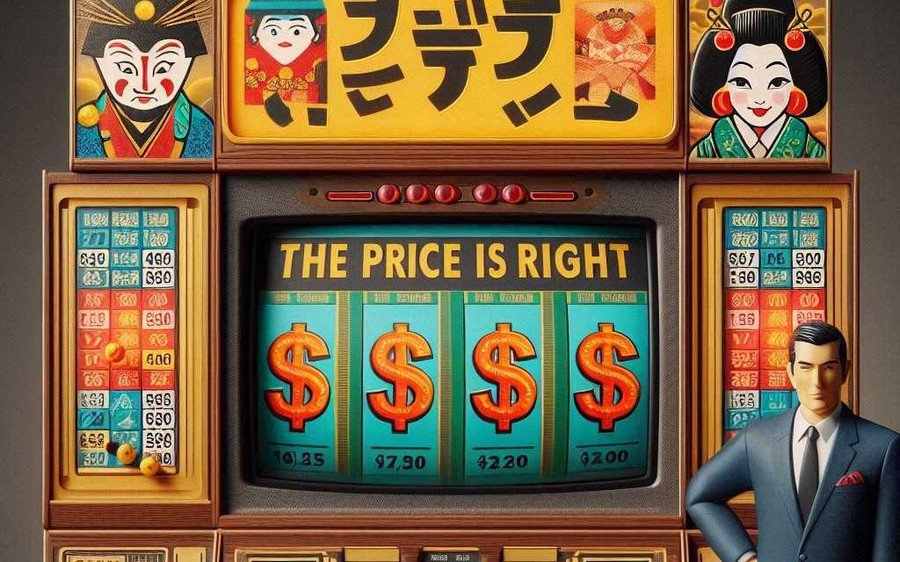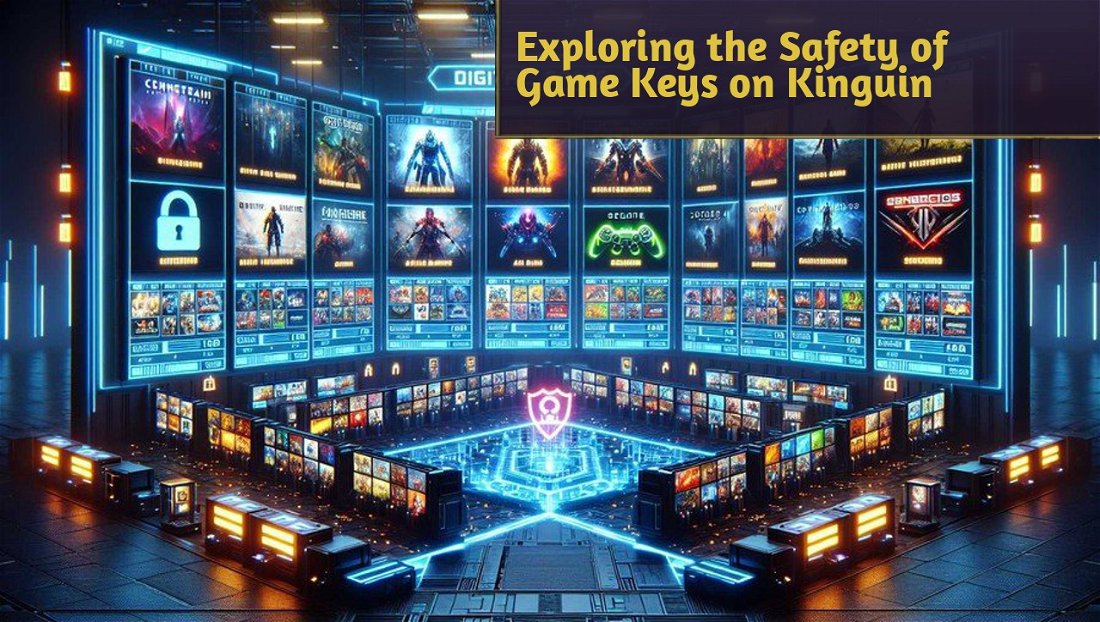At first glance, Pokémon and poker might seem worlds apart. One is a beloved franchise centered around capturing and battling fantastical creatures, while the other is a classic card game rooted in gambling and strategy. Yet, despite their different surfaces, these two games share surprising similarities that extend beyond mere entertainment, involving strategy, psychological manipulation, and probability.
1. Strategic Depth and Complexity
Both Pokémon and poker require a deep understanding of strategy and planning. In Pokémon, players must think critically about team composition, move sets, and type advantages. This strategic depth is akin to poker, where players must consider hand strengths, odds, and the betting behavior of their opponents. Both games demand foresight and the ability to think several moves ahead, anticipating an opponent’s strategy and adjusting one’s tactics accordingly.
2. The Role of Probability
At the core of both games lies the crucial role of probability. In Pokémon, the success of attacks, the chances of encountering specific creatures, and the effects of various moves can depend on probability. Similarly, poker revolves around the probabilities associated with different card combinations and the likelihood of winning a hand given the known and unknown cards. Players in both games must continuously calculate these probabilities and make decisions that maximize their chances of success.
3. Psychological Play and Bluffing
Psychology plays a pivotal role in both Pokémon and poker. In Pokémon battles, players often attempt to predict and manipulate their opponents’ moves. Feinting or using a less obvious strategy can lead to significant advantages, much like the art of bluffing in poker. By bluffing, poker players can win hands with inferior cards, just as a Pokémon player might win a battle through strategic misdirection and clever use of moves.
4. Importance of Reading the Opponent
Ad
Closely related to psychology is the skill of reading the opponent. In poker, understanding tells and betting patterns can provide critical insights into an opponent's hand and intentions. Similarly, experienced Pokémon players can often predict the opponent's strategy based on the lineup of Pokémon and previously shown moves. This ability to "read" the opponent can turn the tide in both games, highlighting the importance of keen observation and interpretation of subtle cues.
5. Competitive Communities and Learning Curves
Both Pokémon and poker boast vibrant, competitive communities with players ranging from casual to professional levels. Each community offers a wealth of resources for learning and improvement, which is crucial given the steep learning curves associated with both games. Newcomers in both fields often face significant challenges and must dedicate time to study and practice if they hope to succeed at higher levels of play.
6. Pokémon and Poker in the Digital Realm
Since the world has moved digital, so has Pokémon and poker. I’d recommend checking out the official Pokémon website for the best place to play Pokémon and Poker Patio for the best place to play poker online in a softcore environment.
Conclusion
Despite their apparent differences, Pokémon and poker share profound similarities that make them appealing to a wide range of players. Both games blend strategy, psychology, and probability in unique ways that require not only intellectual engagement but also an understanding of human behavior. Whether you’re training a team of Pokémon or facing off in a high-stakes poker game, the skills required to excel in one can surprisingly help in mastering the other. This crossover of skills underscores a deeper connection between different forms of strategic games, highlighting the universal themes of competitive play.





— Comentarios
0Se el primero en comentar